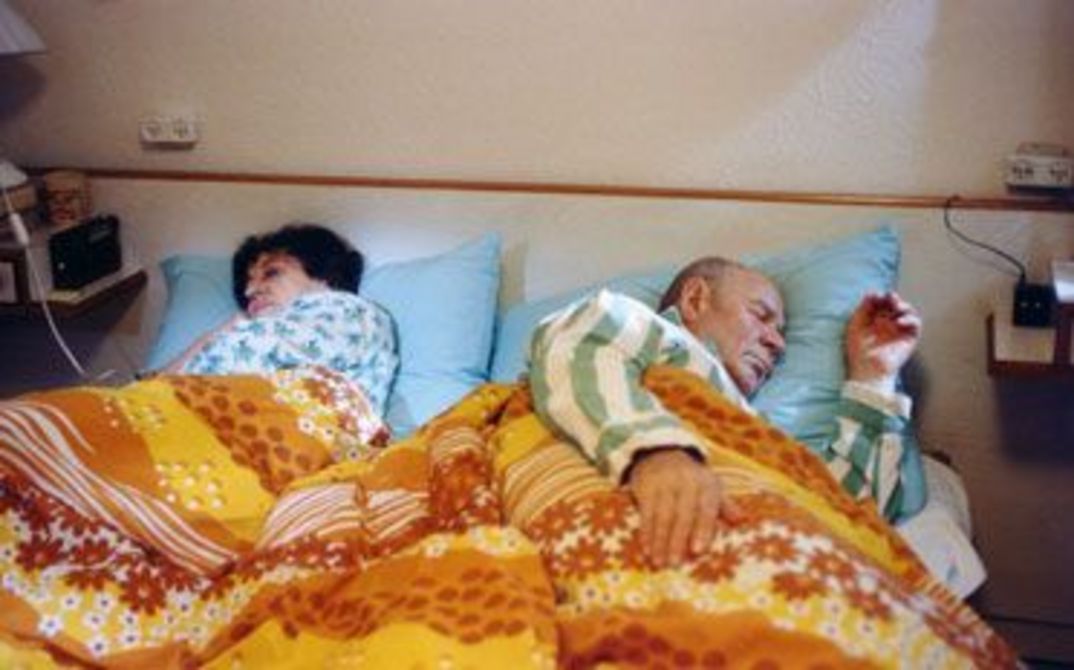SHOAH (Claude Lanzmann, F 1974–1985, 1.2., Introduction: Josef Lederle) A cinematic examination of the Holocaust is also one about how to portray the unportrayable. SHOAH, radical to this date and strict in terms of form, was Lanzmann's first extraordinary contribution to this debate. He spoke to the witnesses of the mass murder in extermination camps and to the survivors of the Warsaw Ghetto, with perpetrators, observers, and survivors of the sonderkommandos. He juxtaposed the interviews with shots of the locations where the crimes were committed. SHOAH was the first film to be awarded the Caligari Film Prize in 1986.
WE WERE SO BELOVED (Manfred Kirchheimer, USA 1981–1985, 2.2., Introduction: Nanna Heidenreich) Washington Heights, New York: Nicknamed the "Fourth Reich" and later "Frankfurt on the Hudson" this is where 20,000 Jews who fled National Socialism created a German-Jewish enclave. In his film, Kirchheimer asks his father and friends of the family about their lives. They talk very openly about loss, fear , the difficulties of starting again in exile and their lives in New York today.
HABEHIRA VEHAGORAL (Tsipi Reibenbach, Israel 1993, 3.2., Tsipi Reibenbach is our guest) Tsipi Reibenbach's parents Yitshak and Fruma Grinberg both survived the Holocaust. While the director observes their ritualized daily life in an Israeli residential complex, the father talks about life in the ghetto and the death camps. To begin with, the mother does not talk - she silently cooks and cleans. However, the atmosphere is dominated by her unrest and tenseness. "The everyday nature of a plot becomes something special when it is confronted with memories of the camp, in which nothing was everyday except for the certainty of death - this is what Tsipi Reibenbach makes emphatically clear in her film." (Steffen Vogt)
D'EST (From the East, Chantal Akerman, F/Belgium 1993, 4.2.) After the fall of the Iron Curtain, Chantal Akerman travelled from eastern Germany to Moscow. A journey through unfamiliar geographical and historical locations. In her search for images of the "other" east and on the traces of her mother, a Polish-born Jew who survived Auschwitz, she finds seemingly random moments that interact with the collective visual memory. Without an off-screen commentary, intertitles or interviews, a portal to the past is opened by Akerman's very concentrated, calm observation alone, and her images admonish a historical fact that is beyond depiction and explanation. In October and November 2015, the project will conclude with the screening of all 10 newly digitally available films accompanied by introductions and discussions. "Asynchronous. Documentaries and Experimental Films on the Holocaust. From the Arsenal – Institute for Film and Video Art e.V. Collection" is funded by the Stiftung Deutsche Klassenlotterie Berlin.



